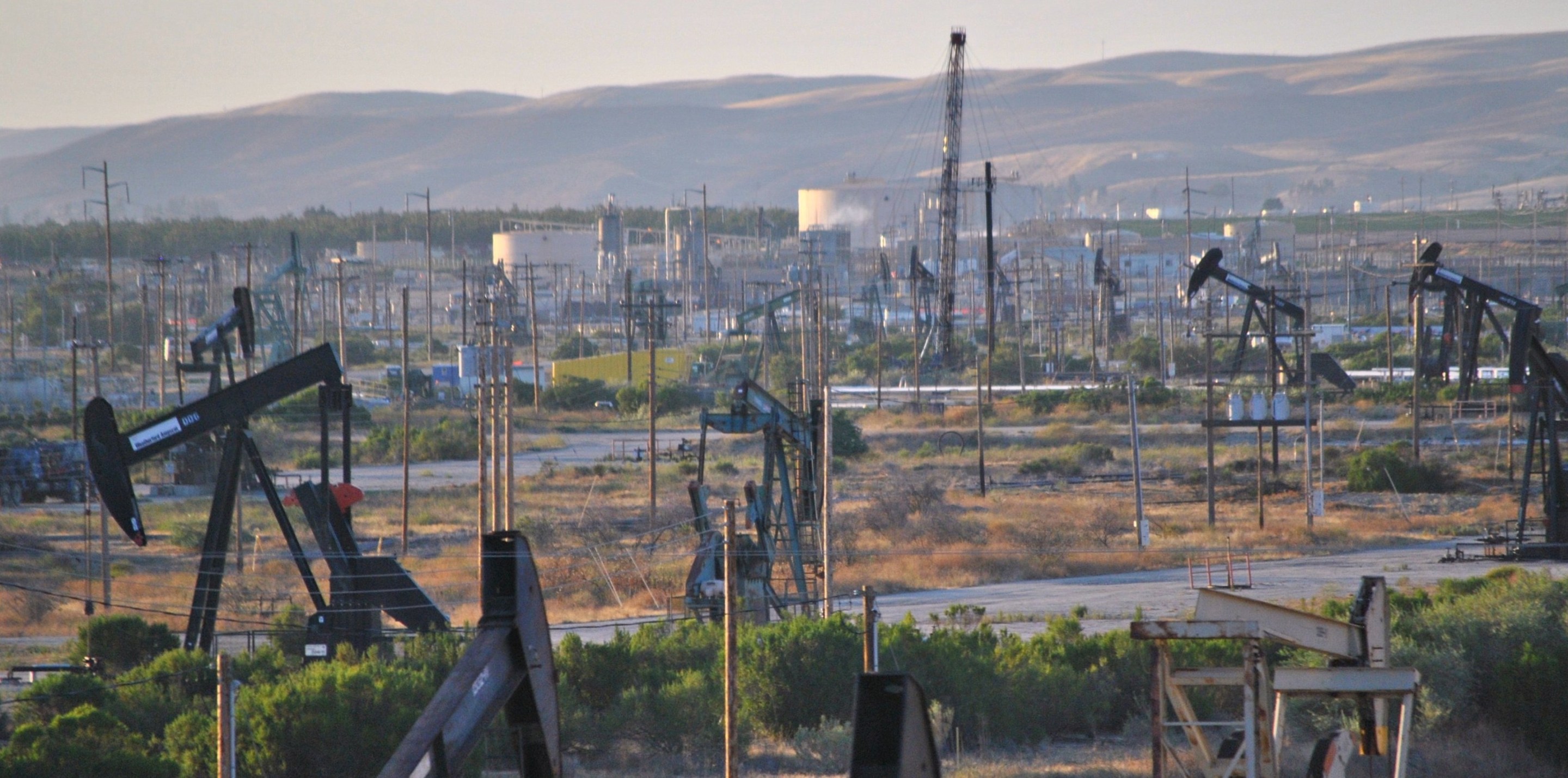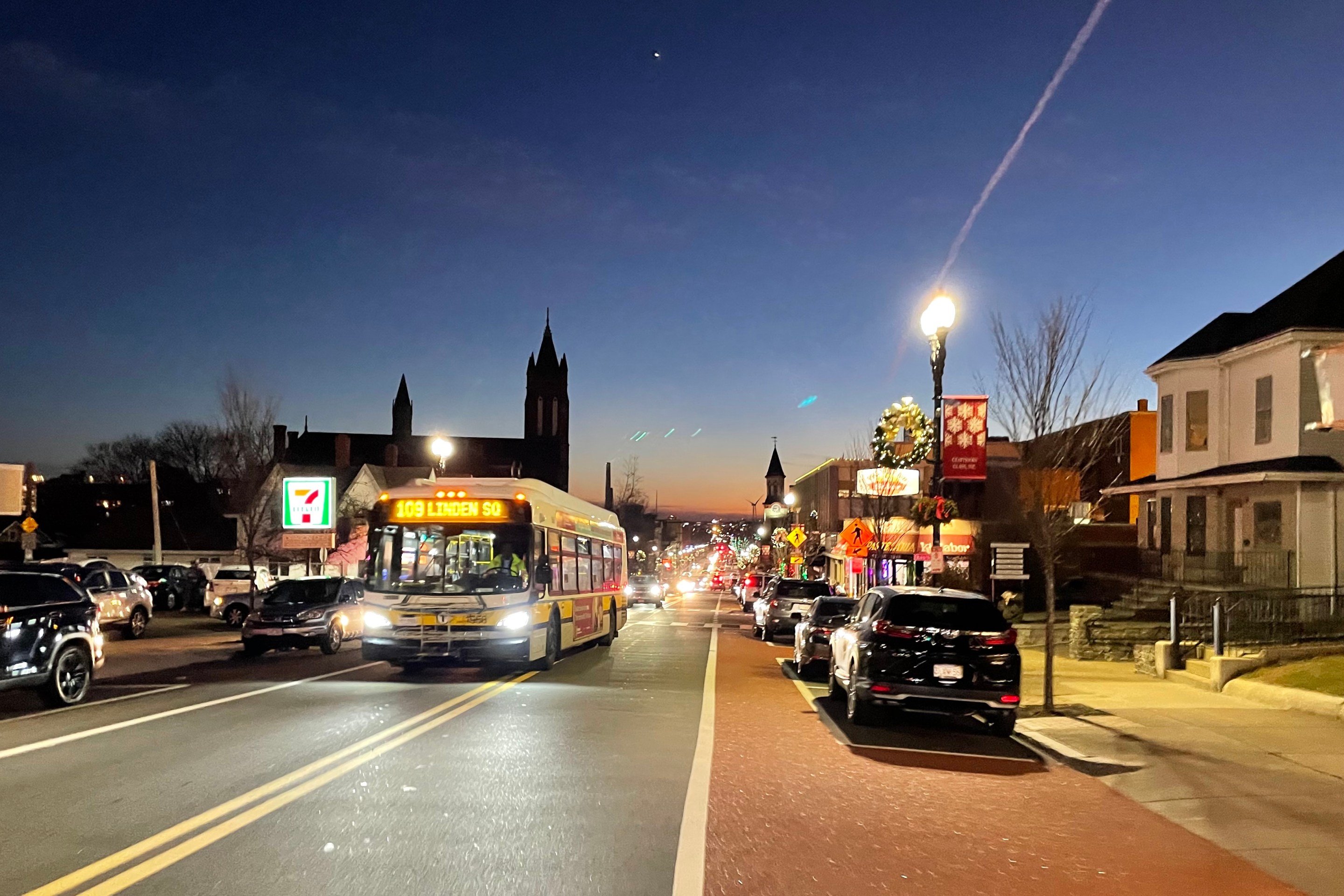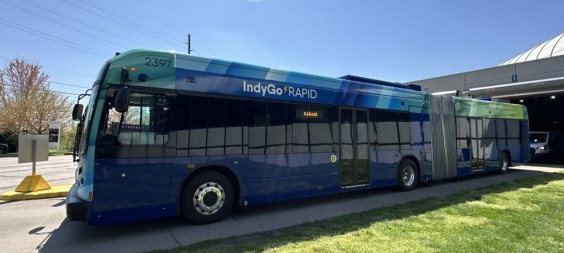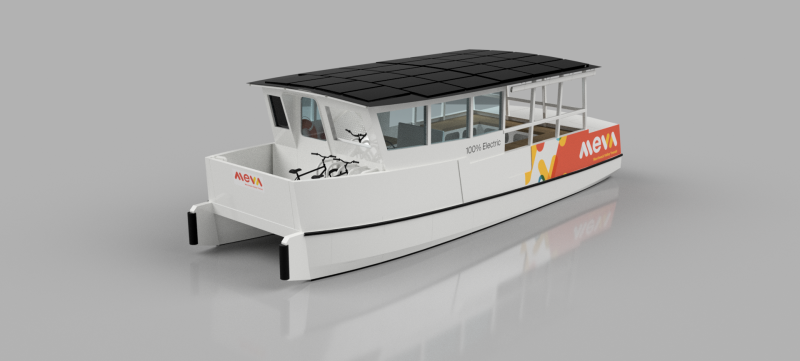Massachusetts Sen. Edward J. Markey is criticizing the Federal Reserve bank for making moves to prop up struggling oil companies under its "Main Street" lending program, which was originally intended to provide relief to small- and mid-sized businesses.
On Thursday, the Federal Reserve Bank announced changes to its "Main Street Lending Program," which was initially designed to help small- and mid-sized employers stay in business through the pandemic. Previously, only companies with up to 10,000 employees or $2.5 billion in annual revenue had qualified; under the new terms announced Thursday, companies with 15,000 employees or $5 billion in annual revenue can qualify for loans.
The Federal Reserve also loosened the terms of the program to allow loans to riskier companies, making it less likely that taxpayers will get their money back.
Many smaller oil drillers have taken on large amounts of debt in recent years, making those companies too risky to receive federal assistance under the previous terms of the program.
The changes to the program came a week after 11 oil-state Senators sent a letter to Federal Reserve Board chair Jerome Powell and Treasury Secretary Steven Mnuchin urging the bank to bail out the industry by lowering its lending standards.
“By hook or by crook, Big Oil is going to try to get a bailout while small businesses shutter,” said Senator Markey in a statement released Thursday. “President Trump’s fossil fuel cronies lobbied and are going to take money that was meant to help businesses survive the coronavirus pandemic in order to bail themselves out of $200 billion in existing debt.”
The twelve Federal Reserve Banks, one of which operates from the fortified skyscraper across from South Station in downtown Boston, implement the U.S. government's economic policies by printing money, making short-term loans for private banks, and administering the federal government's debt.






